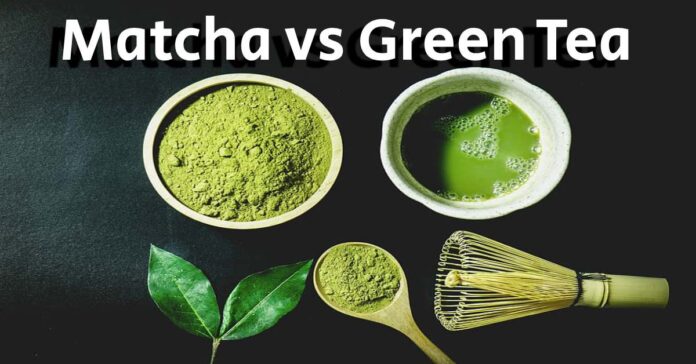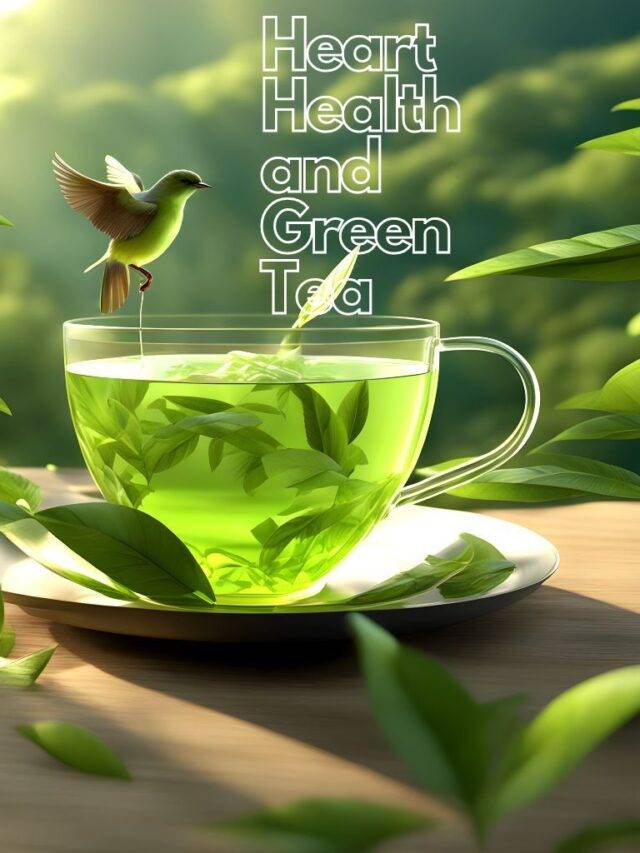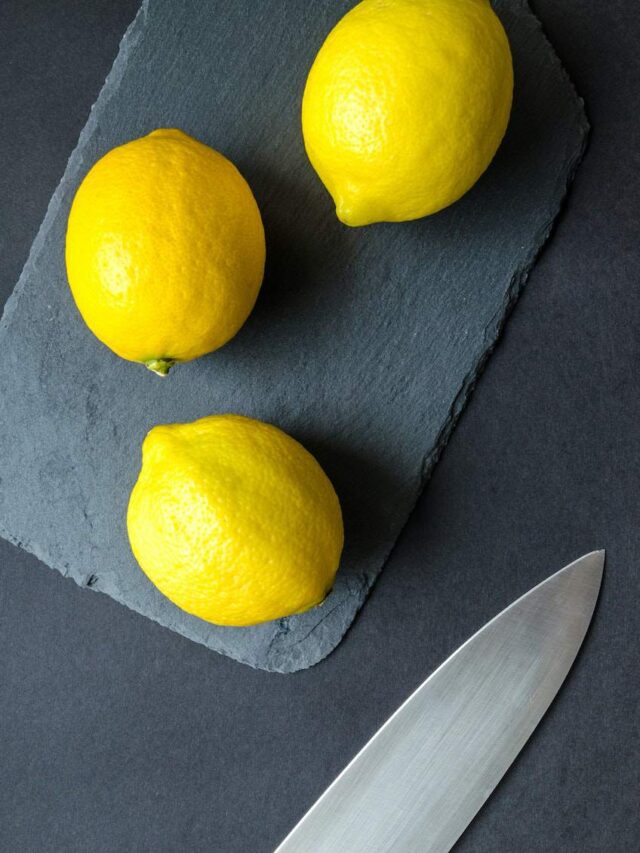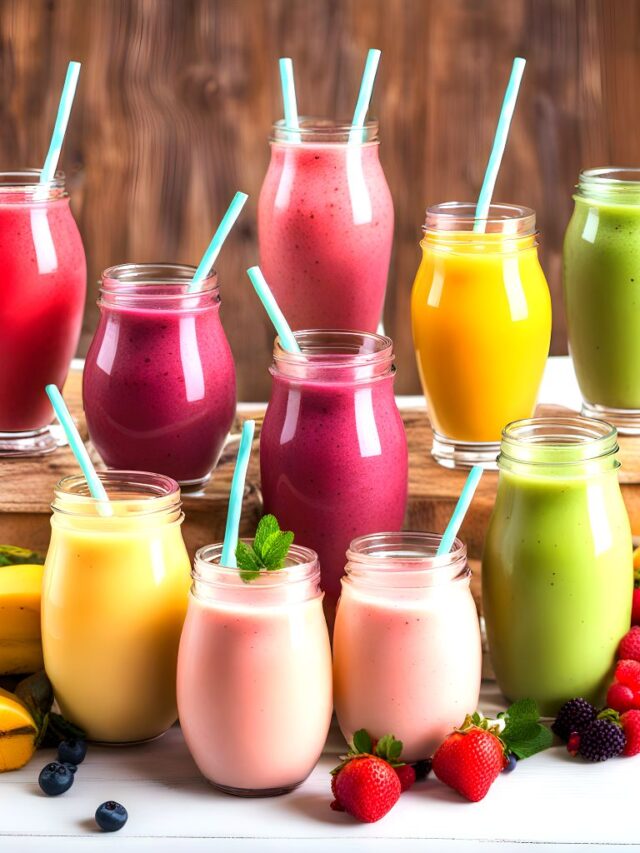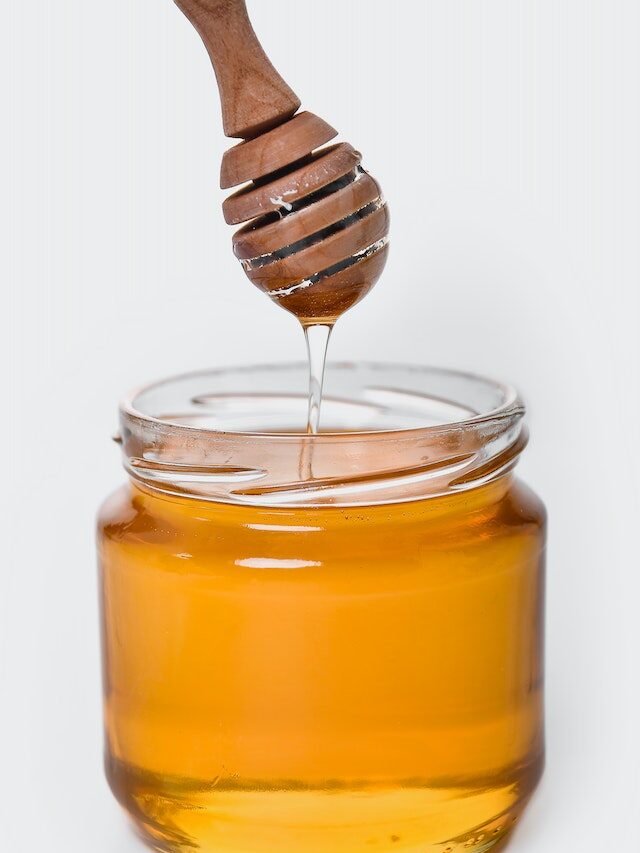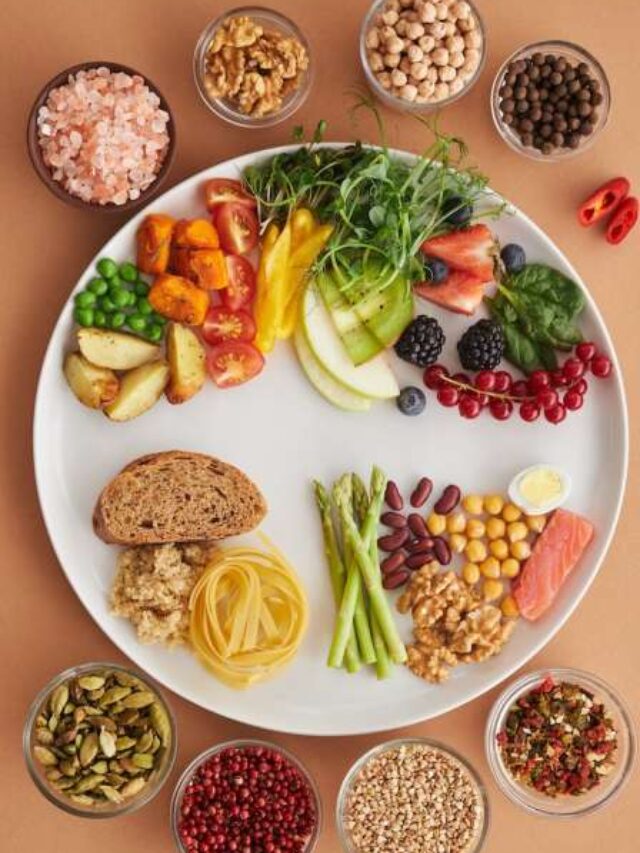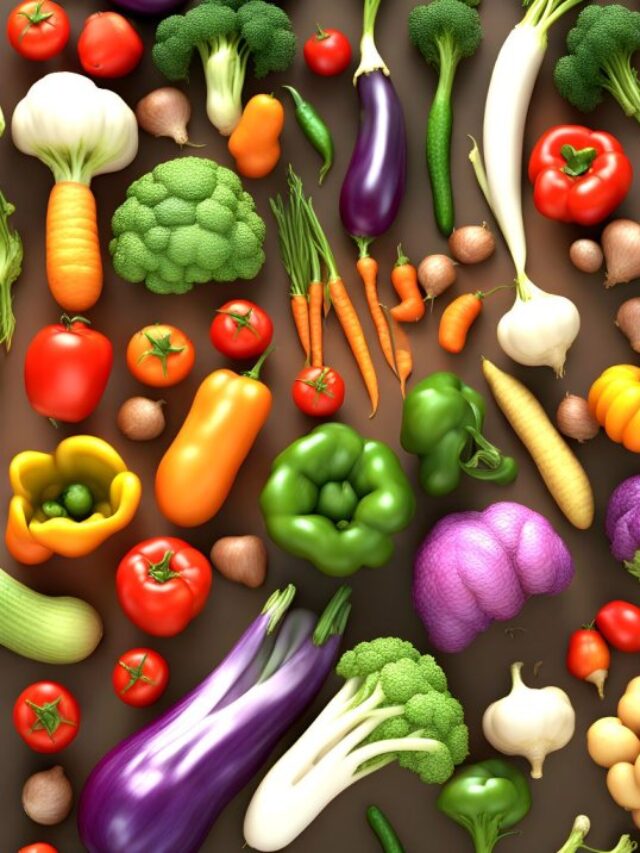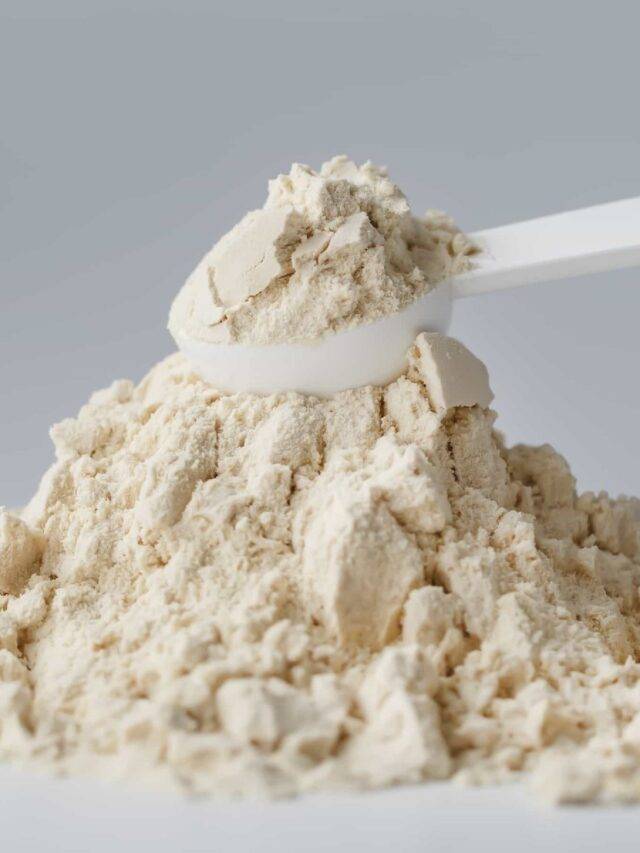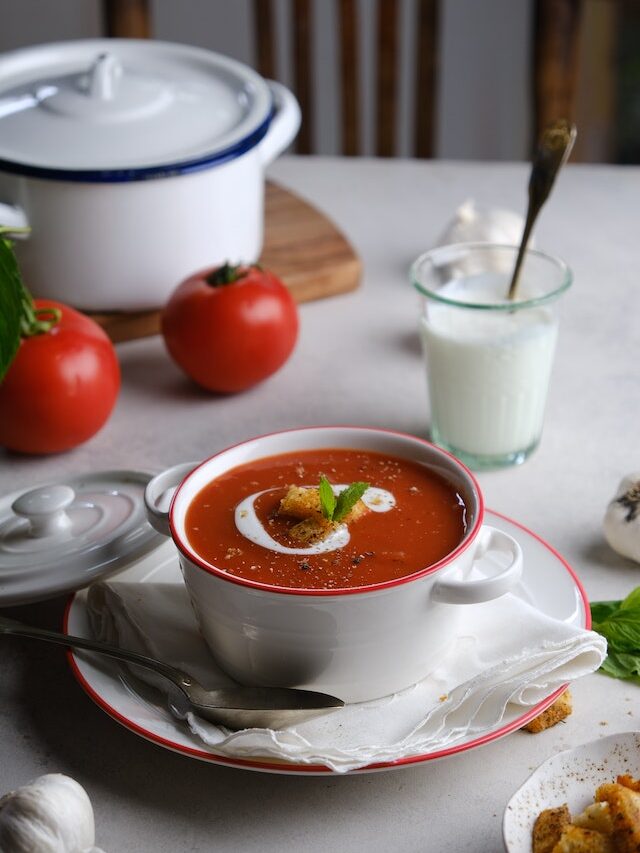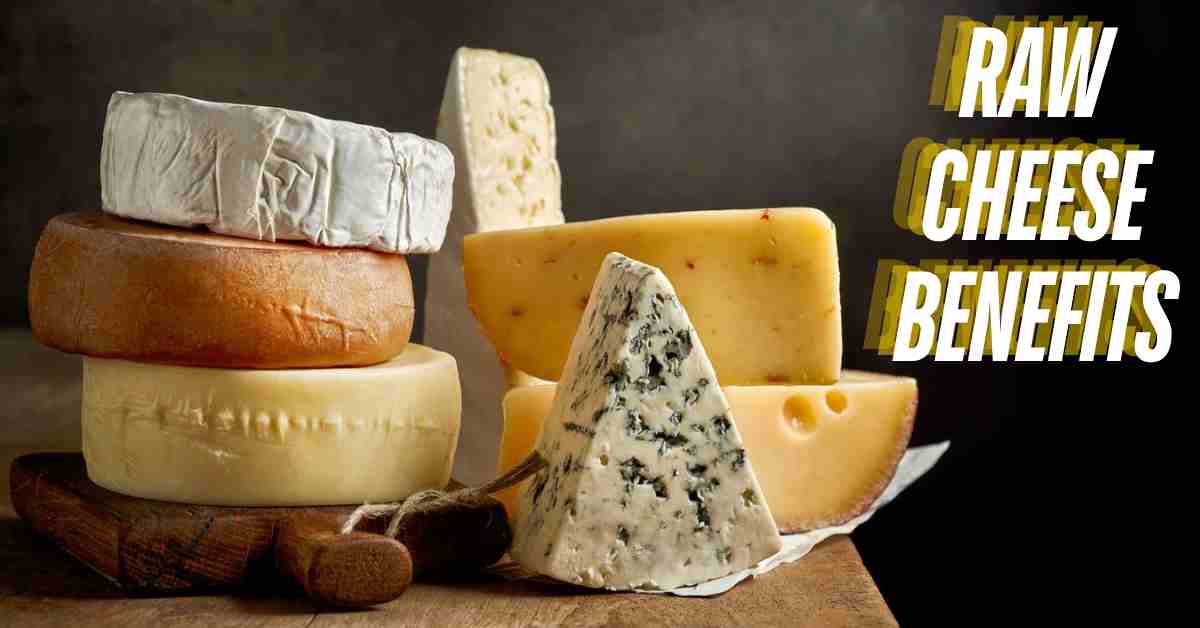Matcha, a finely pulverized substance crafted from meticulously nurtured and processed green tea leaves, emerges as the enigmatic protagonist of our narrative.
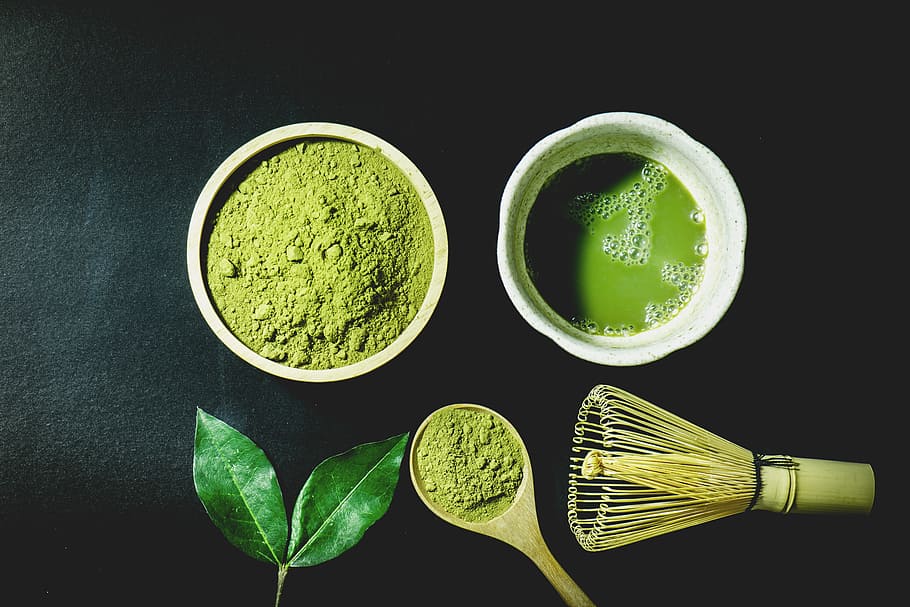
Rooted in the traditions of East Asia,
Matcha’s genesis lies in the cultivation of tea leaves under shade, followed by a meticulous regimen of harvesting, steaming, and desiccation.
The culminating product, dry leaves of resplendent green, undergo transformation into an exquisite powder through the precise ministrations of a specialized stone mill.
Traditionally, matcha finds itself in the limelight when agitated with hot water, resulting in a luscious froth that bespeaks its unique character.
However, the versatile matcha extends its talents to other beverages and culinary ventures, demonstrating a versatility that defies convention.
The flavour and aroma of matcha unfurl as an orchestra of earthiness, sweetness, and a subtle undercurrent of bitterness.
In the realm of nutrition, matcha reigns supreme, boasting copious quantities of antioxidants, caffeine, and the prized L-theanine.
Matcha, the chameleon of the culinary world, weaves its magic not only in the world of tea but also in the realms of smoothies, lattes, confections, and an array of epicurean delights.
It lends its emerald hue to the tapestry of savoury dishes, enriching salad dressings, sauces, and marinades.
Table of Contents
- YOU MAY LIKE
How to Eat a Kiwi : Your Complete Guide
Orange Beef vs Orange Chicken Detailed Comparison
What does Matcha Taste Like ; Explained
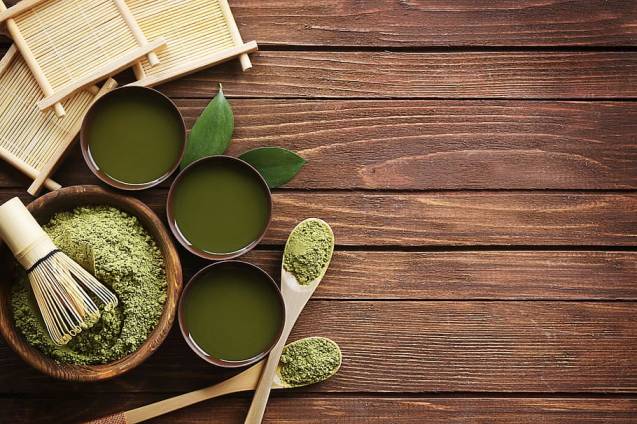
Matcha, boasts a sensory experience that traverses the labyrinthine corridors of taste.
Connoisseurs have likened its flavour to an earthy symphony, an ethereal sweetness, and a subtle hint of bitterness.
The chlorophyll-rich leaves bestow upon matcha its unmistakable vegetal character, while a whisper of umami, akin to the embrace of seaweed or mushrooms, adds a captivating dimension.
The matcha flavour tapestry evolves, influenced by the quality of tea leaves and the intricacies of preparation.
The matcha connoisseur revels in a heightened intensity when the emerald powder engages in a graceful waltz with hot water, surpassing the subtlety of its cold-water or milk counterparts.
MACHA taste is like Vegetal, Earthy, Sweet ,Slightly bitter and Umami I hope you get the Idea ?
Matcha transcends the boundaries of solo indulgence, finding itself at home in an assortment of beverages and culinary creations.
It harmonizes with smoothies, lends a verdant hue to lattes, and transforms baked confections and desserts into culinary masterpieces.
In the savoury realm, it bestows its charms upon salad dressings, sauces, and marinades.
RELATED STORIES
Cracking the Matcha Mystery: Like Green Tea, but Still a Delicious Enigma
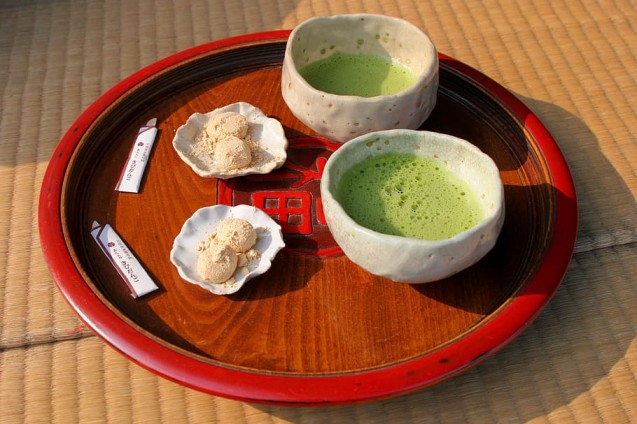
Indeed, matcha shares familial ties with green tea, yet it offers a more profound gustatory expedition.
This distinction arises from the method of its genesis, where matcha emerges from the entire tea leaf, meticulously ground into an exquisite powder.
Imbibing matcha entails the full immersion in the leaf’s essence, a departure from the customary consumption of the liquid extraction.
In the grand tapestry of flavours, matcha beckons with nuances distinct from its green tea counterpart.
In addition to the verdant and vegetal tones familiar to green tea, matcha unveils a subtle sweetness and nuttiness.
A beguiling umami, reminiscent of the depths of seaweed or the earthy embrace of mushrooms, adds an elusive allure.
The unique flavour profile of matcha, a chameleon that adapts to the quality of tea leaves and the nuances of preparation, renders it an entity of intensifying charm.
In contrast to its counterparts, matcha whisked with hot water unveils a more profound flavour than its gentler companions, cold water, or milk.
The Matcha vs. Coffee
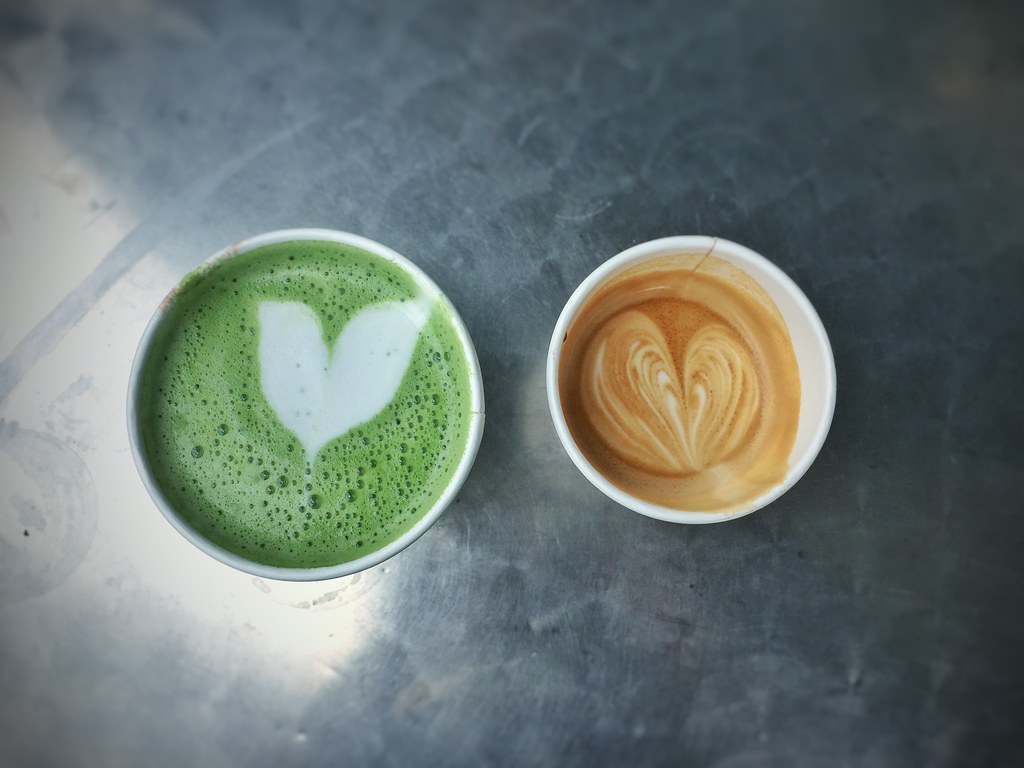
The quest to determine the superior beverage, matcha or coffee, finds its answer in the intricacies of individual preference and necessity.
Both libations bear their unique merits, yet matcha boasts certain advantages over its caffeinated counterpart.
Divergent Odyssey of Taste and Aroma
Matcha, adorned with a complex and unparalleled flavour profile, exudes an earthy, sweet, and subtly bitter demeanour.
Coffee, in contrast, cloaks itself in the robes of roastiness, at times revealing nutty and chocolatey undertones.
The Elixir of Caffeine
Matcha, while relinquishing some ground to coffee in caffeine content, remains a steadfast source of this invigorating compound.
The allure of matcha lies in its capacity to bestow sustained energy sans the peril of caffeine’s precipitous descent.
Antioxidant Abundance
Matcha ascends the pantheon of antioxidants, eclipsing its coffee counterpart in this realm.
Antioxidants, the guardians against free radical havoc, thrive in matcha in abundance.
The Mantle of Health
Matcha extends an olive branch to health enthusiasts, promising improved cognitive prowess, diminished stress, elevated vitality, fortified cardiac well-being, a guardian shield against the spectre of cancer, and a trustworthy ally in the quest for weight management.
Coffee, while presenting its own array of benefits, bows to matcha’s reputation as the healthier alternative.
In summation, matcha emerges as a formidable contender to coffee for those seeking a less caffeinated yet more nutritious beverage.
Its enigmatic and intricate flavour profile adds a touch of gastronomic splendour to the equation.
The table below elucidates the discernible disparities between matcha and coffee:
| Characteristic | Matcha | Coffee |
|---|---|---|
| Caffeine content | Lower | Higher |
| Antioxidant content | Higher | Lower |
| Taste | Earthy, sweet, slightly bitter | Roasted, nutty, chocolaty |
| Health benefits | May improve cognitive function, reduce stress and anxiety, increase energy levels, improve heart health, reduce risk of cancer, and promote weight loss | May improve alertness, reduce risk of type 2 diabetes, and protect against Parkinson’s and Alzheimer’s diseases |
| Flavour | Unique and complex | Familiar and well-liked |
The Matcha vs. Green Tea
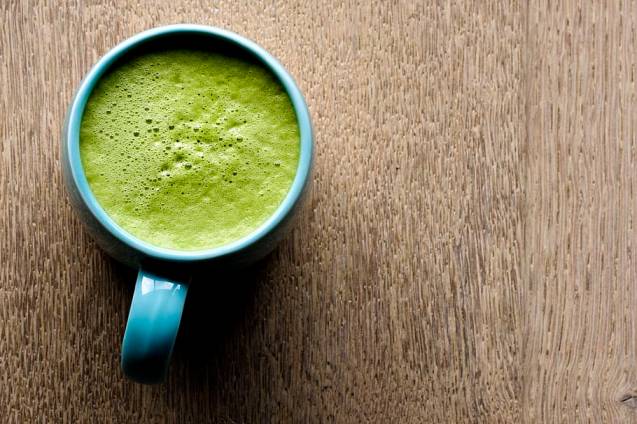
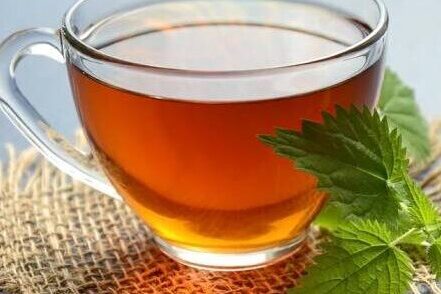
The Spectrum of Nutrients
Matcha unfurls its regal mantle, boasting a treasure trove of nutrients, encapsulated in the entirety of the tea leaf. Antioxidants, caffeine, and L-theanine proliferate within matcha’s embrace, rendering it a nutritional powerhouse.
Health in the Limelight
Matcha has been anointed with the halo of health benefits, encompassing amplified cognitive faculties, stress reduction, enhanced vitality, fortified cardiac health, a sentinel against cancer’s dark visage, and a harbinger of weight management.
Green tea shares many of these laurels but stands somewhat diminished in the shadow of matcha’s nutrient bounty.
The Landscape of Flavour
Matcha meanders through the labyrinth of flavour, presenting an intensity and complexity that transcends the meadows of green tea.
Its vegetal essence reverberates alongside an undercurrent of umami, akin to the depths of seaweed or the earthy camaraderie of mushrooms. Green tea, in contrast, sways with a more sylvan and vegetal symphony.
Yet, matcha carries certain facets that warrant consideration:
- The Economics of Choice: Matcha typically adorns itself with a loftier price tag compared to its verdant cousin.
- The Art of Preparation: Matcha unfurls as a more intricate affair when it comes to preparation, requiring the delicate dance of whisking its powder into a frothy crescendo.
- Taste on Trial: Some may find matcha’s intensity a tad overwhelming, tiptoeing the precipice of bitterness.
| Characteristic | Matcha | Green Tea |
|---|---|---|
| Nutrient content | Higher | Lower |
| Health benefits | May be more effective | Also linked to many health benefits |
| Flavour | More intense and complex | More grassy and vegetal |
| Cost | More expensive | Less expensive |
| Preparation | More difficult to prepare | Easier to prepare |
The ultimate arbiter, the discerning palate, shall dictate the victor in this enigmatic contest.
In the realm of crafting textual compositions, the interplay between “perplexity” and “burstiness” has been eloquently explored in the context of matcha.
The complexity of matcha’s flavour and its versatility in culinary applications demonstrate how these elements can come together to create a rich and engaging narrative, much like the experience of savouring a cup of this enigmatic green elixir.
FAQs About Matcha
1. Is matcha the same as green tea?
No, matcha and green tea are not the same. While both come from the Camellia synesis plant, matcha is a specific type of green tea that is grown and processed differently.
Matcha is ground into a fine powder, and you consume the entire leaf, whereas green tea is typically brewed by steeping the leaves in hot water.
2. What are the potential health benefits of drinking matcha?
Matcha is packed with antioxidants, which can help protect your cells from damage caused by free radicals.
It also contains caffeine and L-theanine, which may improve cognitive function and reduce stress.
Additionally, matcha has been associated with enhanced vitality, fortified cardiac health, and potential weight management benefits.
3. How do I prepare a traditional cup of matcha?
To prepare a traditional cup of matcha, you’ll need matcha powder, hot water (not boiling), and a bamboo whisk .
Sift 1-2 teaspoons of matcha powder into a bowl, add a small amount of hot water, and whisk vigorously in a “W” motion until it becomes frothy. Adjust the amount of water to your desired strength.
4. Can I use matcha in cooking and baking?
Absolutely! Matcha’s versatility allows it to be used in a wide range of culinary creations.
You can add matcha powder to smoothies, lattes, desserts, and even savoury dishes like sauces and dressings.
Its vibrant green colour and unique flavour can elevate your culinary experiments.
5. Where can I purchase high-quality matcha?
High-quality matcha can be found at specialty tea shops, online retailers, and some health food stores. Look for matcha labelled as “ceremonial grade” for the best quality.
It’s important to source your matcha from reputable sellers to ensure you’re getting an authentic product.
In conclusion, matcha is not just a beverage; it’s a journey through taste, tradition, and potential health benefits.
Whether you choose matcha over green tea or explore both, the world of tea is a rich tapestry waiting to be unravelled by your discerning palate.
So, go ahead and embark on your own matcha adventure, one frothy sip at a time.
RELATED POST
